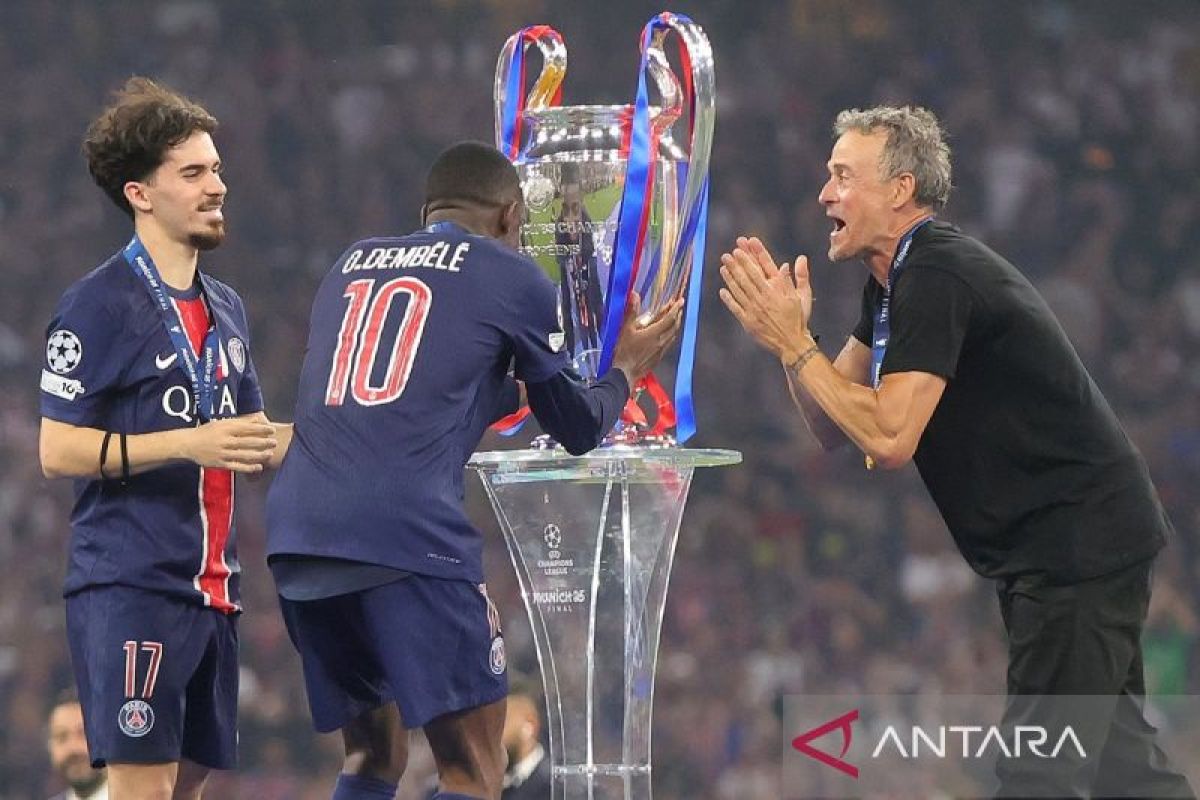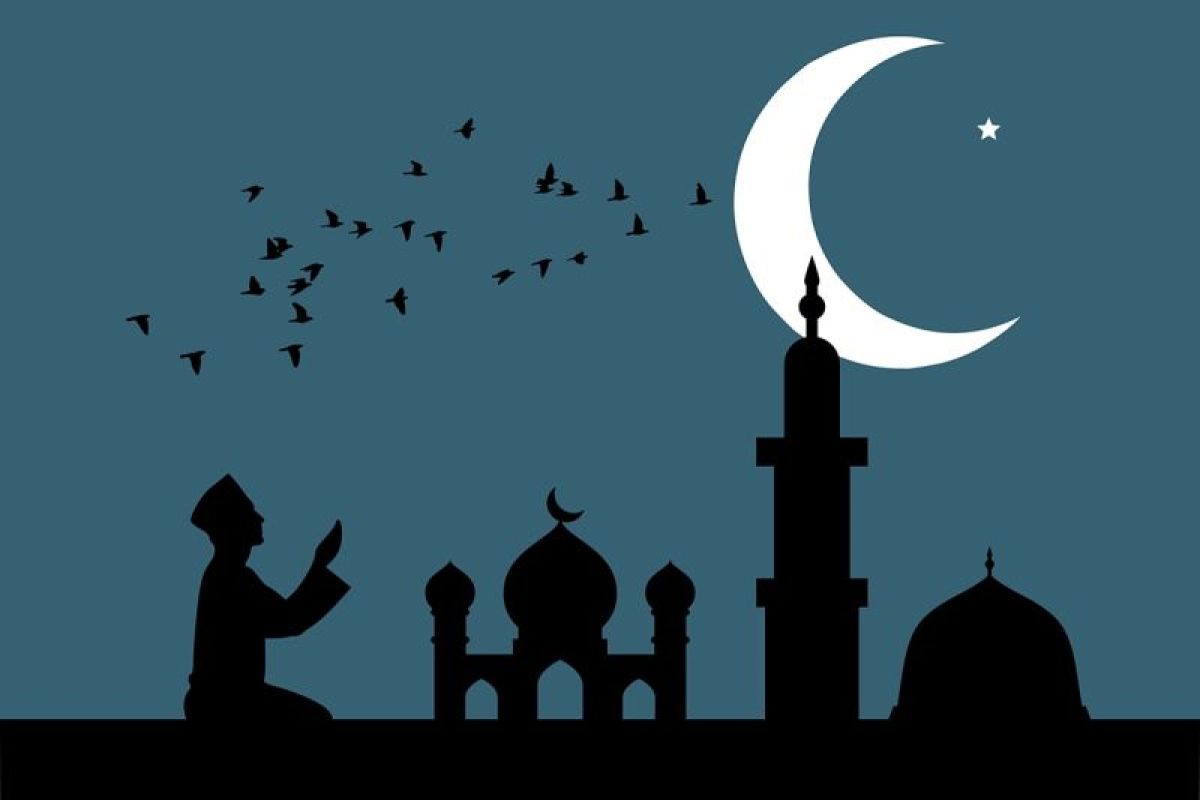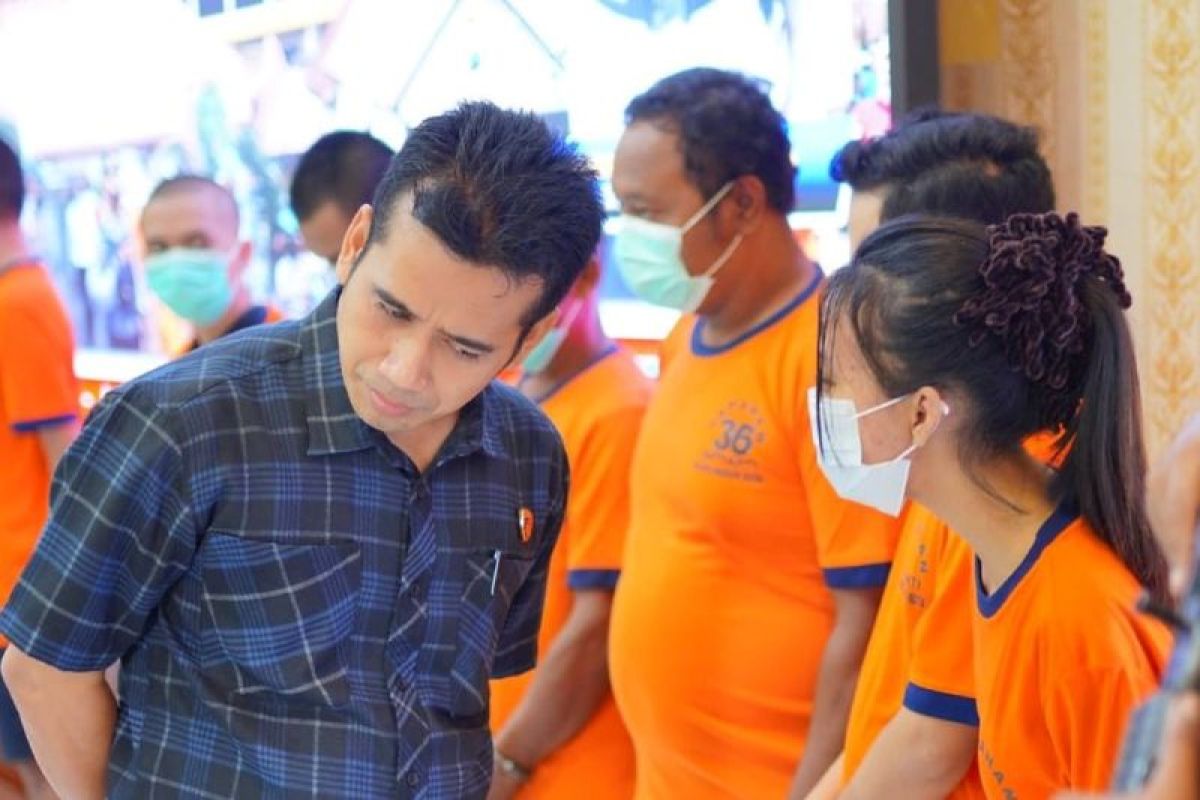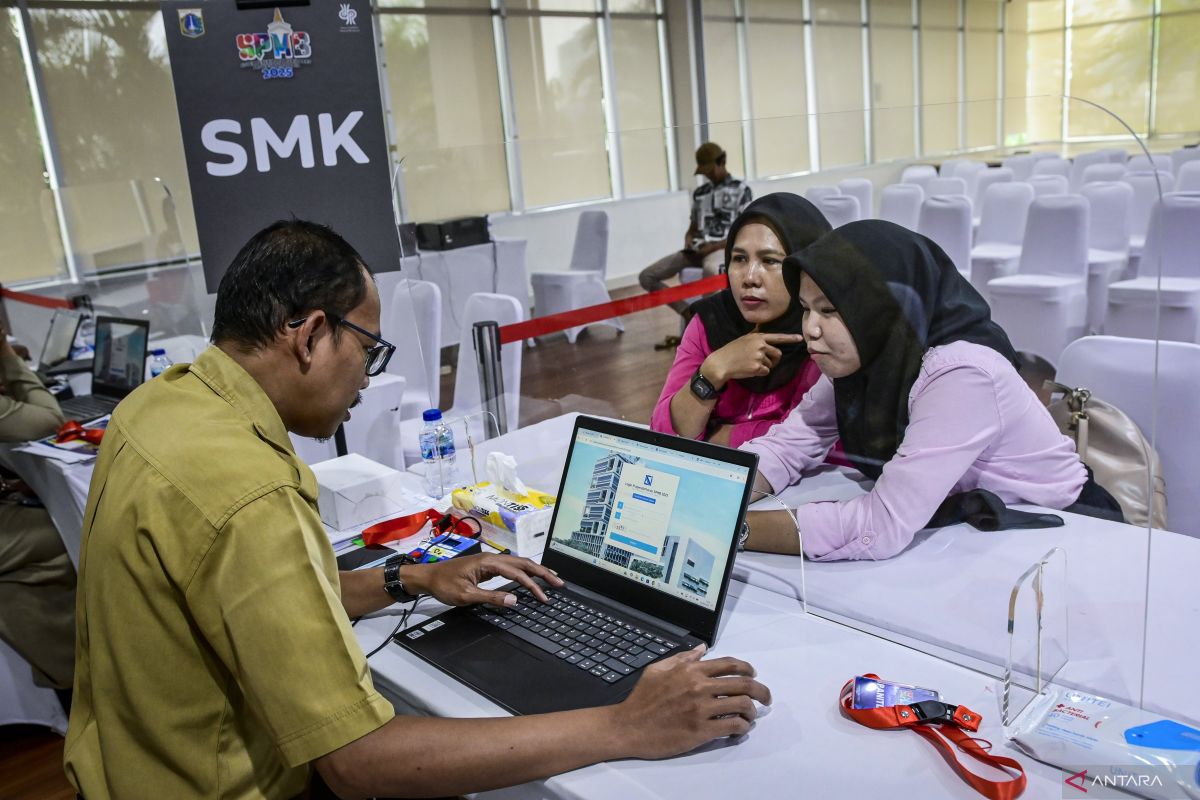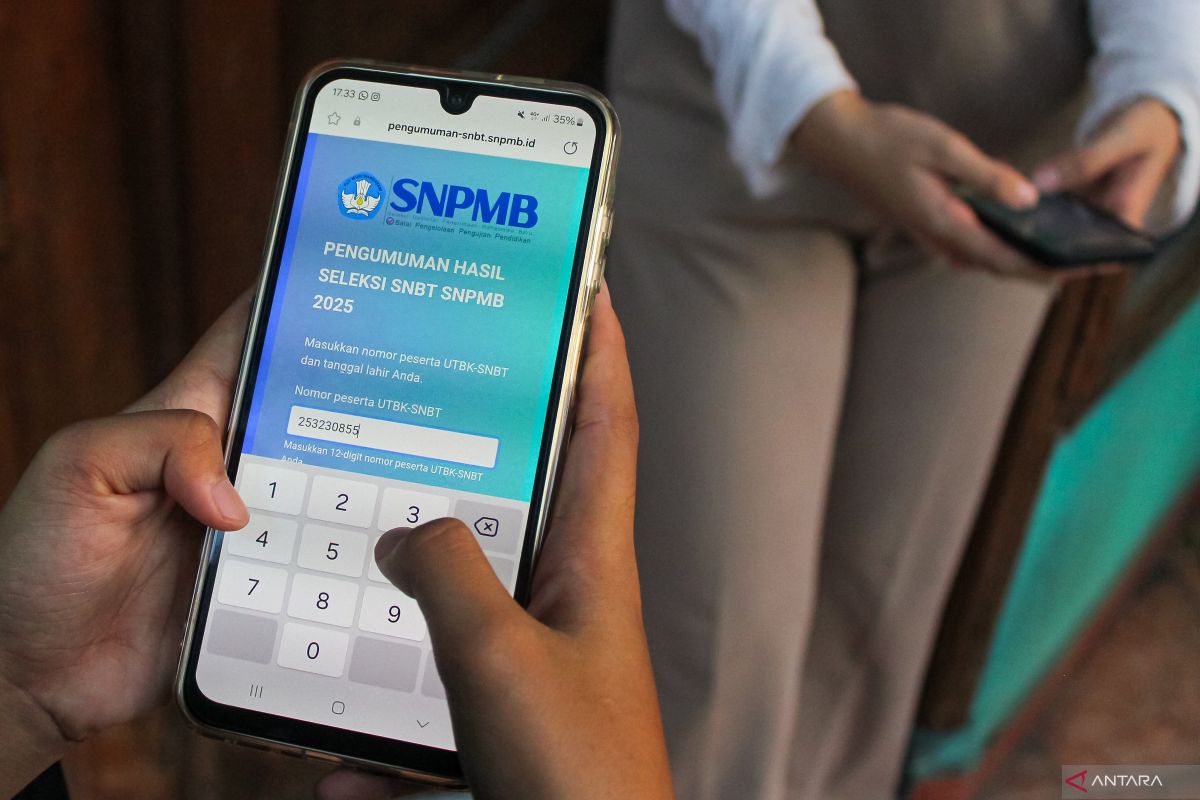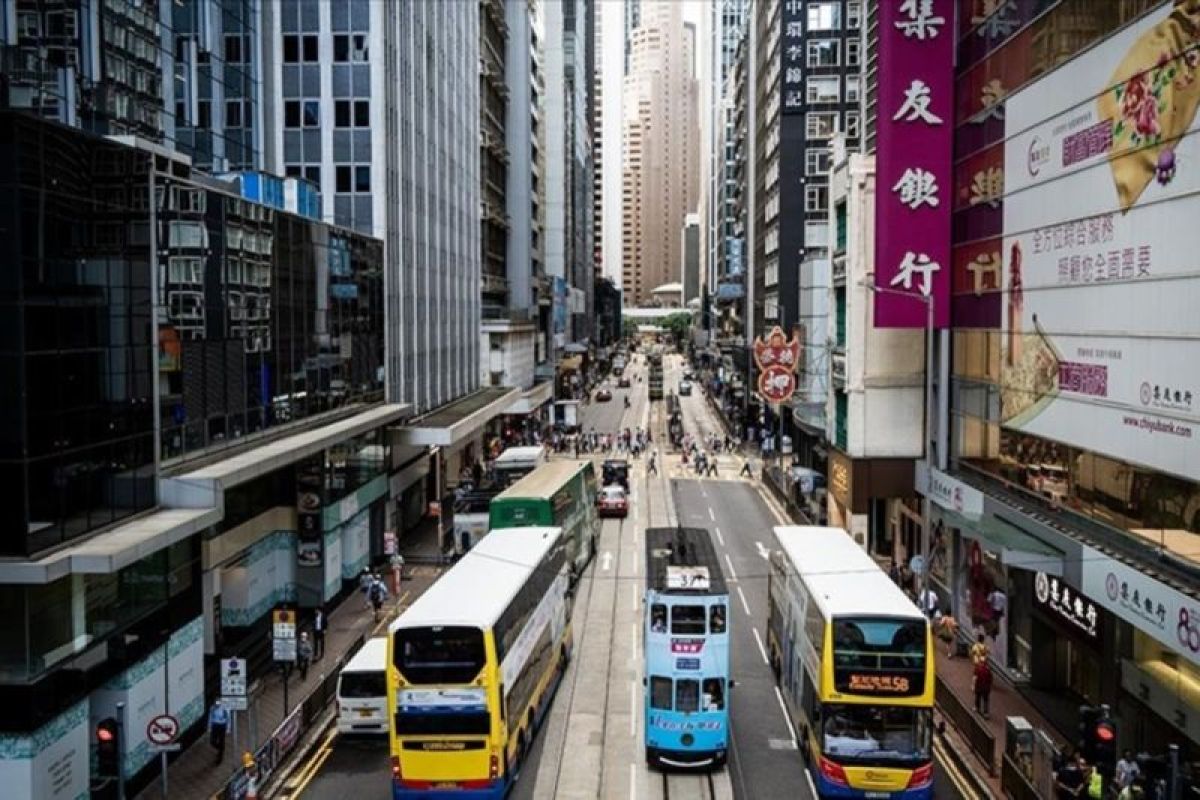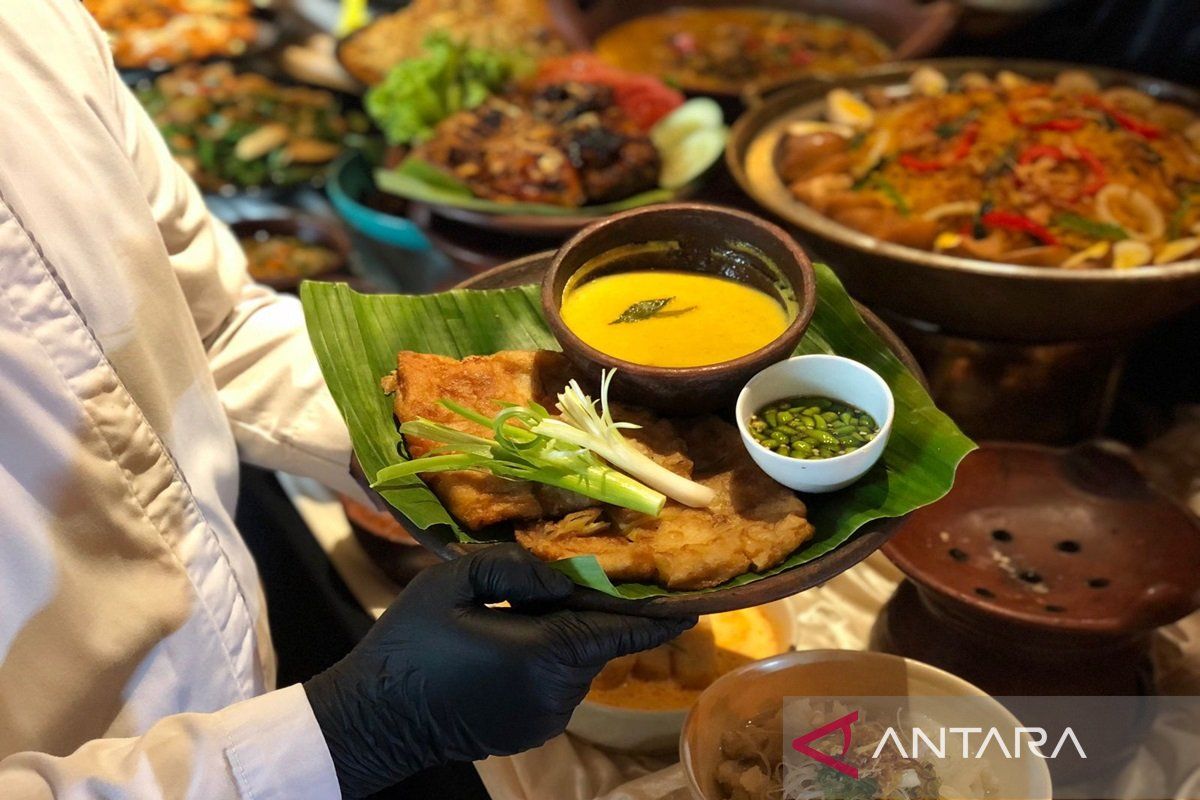Bjorn Borg has acknowledged for the first time an addiction to drugs in a remarkable - and remarkably honest - autobiography.
The 11-time Grand Slam champion is famously private; as impenetrable off the court as he was in developing that Iceman nickname on it. He has spoken rarely about his private life but now, in Heartbeats released on Tuesday, he bares all.
There have been rumors of Borg’s drug taking before, most explicitly in a book written by his ex-wife Loredana Berte, an Italian singer.
The man himself has never admitted to this, until now. The book opens with an extraordinary sequence, during his half-hearted ‘comeback’ in the 1990s, when following a relapse into drugs, Borg collapses and almost dies on the way to a tournament in Holland with his father.
His problems began, the book reveals, with his retirement at the age of 25 - a decision which shocked the sporting world.
‘Despite the relief of finally having freedom, those feelings of loneliness and rootlessness stuck around,’ he writes. ‘And my way of dealing with them was to self-medicate with all kinds of things. It turned into a dangerous mix of drugs, pills, and alcohol.’
Bjorn Borg, seen with son Robin in Monaco in 1988, has released a tell-all new autobiography
In his final event before taking a break - which two years later became an official retirement - in Geneva in 1981, Borg says he had to be dragged out of nightclubs every night. Such was his tennis genius, he still won the tournament.
Borg has never really gone into detail on his reasons for retirement, but says in Heartbeat: ‘I had been on top for a long time and needed new challenges. I’d held the world number one spot for 109 consecutive weeks.
‘I withdrew more and more, until I didn’t even want to leave the house. That feeling of isolation just grew inside me, even though I had my family and Mariana nearby. She knew I wasn’t happy with how my life was going, but not many others suspected.
‘I was miserable no matter where I was - Monte Carlo or New York. That in itself became a problem. “Where do I belong? Where’s home, really?” These were questions I was asking myself all the time. All those years of constantly moving and living out of suitcases had left me completely rootless.
‘But I’d always loved Sweden, and now I longed to return.’
He admits to some regret over that decision, however. ‘I was selfish in quitting when I did, and that’s something I can admit that I regret today,’ he says.
‘But the decision was made. And nothing could change it. In the end, I didn’t betray anyone but myself. My ego is strong, and when I make up my mind, that’s it. I can be stubborn to a fault. If I had just been left alone for a while, taken a longer break, who knows what might’ve happened?’
With time on his hands, superstardom and vast quantities of money from winnings and sponsorship, Borg slipped into a party lifestyle.
'The first time I tried drugs was in the summer of 1982, during that so-called break from tennis when I was killing time in New York. At first, it was just about having fun and letting loose.
The tennis legend details his battle with addiction and mental health in eye-opening detail
'I didn’t know any better, and a lot of people around me were doing it. Eventually, it became more of a habit – a way to deal with the dark thoughts that had started creeping in. It was simply an escape and a way to step into a lighter, more carefree bubble. And of course, I got stuck in it.
'I’ve always believed in astrology, and Gemini is supposed to be one of the most complicated signs. Sometimes it feels like I’m made up of two different people: one good and one bad. Just as easily as I can feel full of life, I can also act on impulse and be almost self-destructive.
'I’ve never been comfortable being alone with my own thoughts: It’s like they come rushing at me. That’s when the demons catch up, and that’s when the self-medicating starts. But that’s obviously not the right way to deal with it, because once you’ve tamed one addiction, another one just takes its place.
'People have always said I didn’t show much emotion, but inside, it was a roller coaster. I never talked about how I was.'
The next chapter of Borg’s life is his eventually disastrous foray into business, and the book details the gradual collapse of his company Bjorn Borg Design. Then comes his marriage to Berte in 1989 and a chapter he titles The Dark Years in Milan.
'During those years in Milan, life turned into a chaotic mess. There were moments of light and deep darkness, but always turmoil. I never knew what mood Loredana would be in when I woke up: Whether it would be a good day or a bad one.
'Meanwhile, the arguments with Jannike continued, so I came up with the not-so-brilliant idea that Robin (Borg’s son from his second wife Jannike Bjorling) should come live with me and Loredana. That’s what we did, and I enrolled him in an international preschool in Milan, surrounded by unfamiliar kids speaking strange languages.
'It didn’t take long to realize it wasn’t working. Robin was clearly sad and confused, and I was filled with anxiety every morning when I put him on the school bus. We stuck it out for a while, but eventually it became unsustainable, and he moved back to Sweden, where Jannike and my parents took care of him. I still carry a lot of shame for putting Robin through that, especially from when I was bringing him to Milan. When we talk about it now, Robin says he’s moved on and doesn’t like looking back.’
Borg reveals for the first time the truth about an episode in 1989 when he was rushed to hospital and had to have his stomach pumped to save his life, having ingested a dangerous mix of pills and alcohol.
Media at the time speculated it was a suicide attempt, but Borg and Berte stuck to a story of a stomach pain which he had made a confused attempt to combat.
‘That turned into global headlines as a suicide attempt. But it wasn’t that. I never intended to end my life. Even though I didn’t want to live like that anymore, I never made a conscious decision to end everything. What happened was that I had a dangerous mix of drugs, pills, and alcohol in my system, and it knocked me out. In a way, maybe it was a cry for help.
'When I came home from the hospital, I realized my life had spun completely out of control, and for a while, I actually took it a bit easier on the drugs. But then the weeks went by. The demons returned. New things happened, and soon, I was back where I started. I hated it – I was completely drained, and I knew I couldn’t keep living like this forever. So while the overdose wasn’t some sudden turning point, a desire for change did start to grow inside me. I realized I had to get out of the marriage if I wanted to survive.’
Borg was seen at Wimbledon earlier this year where he won five grand slams in a row
There follows one of many fascinating and heretofore unknown episodes of Borg’s life which the book reveals. Wanting to quit drugs he turned back to tennis, flying to London, staying at ‘one of the most luxurious hotels in the city’ and training daily at the Queen’s club - cut off from family, friends, even his son Robin… and all in absolute secrecy.
‘I left, packing only what I really needed: rackets, shoes, and clothes. I checked into one of the most luxurious hotels in the city, a place I’d stayed many times before. That became my personal rehab center and my base for the foreseeable future. I was determined to return to some kind of routine, so I contacted the Queen’s Club in London. They were incredibly supportive and put together a tennis program for me so I could train every day with the best players currently in the UK.
‘Once there, the hard work of rebuilding myself began. I didn’t let anyone from my old life get close to me. And there were plenty of them, not just in Italy, but all over the world. People who wanted to party, jump aboard the wild ride, or score free drugs. It was like an invisible network: Wherever I went, they could find me and make sure the drugs were there. So-called friends who didn’t care about me at all. I had money, didn’t care much about it, and always ended up footing the bill. The money slipped through my fingers like water…
‘Looking back, it’s kind of amazing that nothing leaked about my rehab. I was still a prime target for the British tabloids, and the smallest thing usually became a headline. The people helping me in London were incredibly loyal, and I was given the space I needed to recover in peace.’
Then comes a return to the story of the relapse with which the book opens.
‘Then came the moment I had feared most. During one of the European tournaments, I completely lost control again. The usual dinners with wine triggered other habits, and in the end, it all became too much.
'My body just gave out. Beep. Beep. I woke up in a hospital room, tubes attached to my body. Where was I? At first, I remembered nothing. My dad was standing next to me, just looking at me. “How are you doing?” I remember him saying. His wide-eyed stare was both concerned and completely blank at the same time. As I came to, the memories slowly started returning…
‘To this day, I’m ashamed just thinking about it. That was the worst shame of all, that my drug problem had reached such a level, with such serious consequences, and all in front of my own father. I didn’t even ask the doctors or nurses how close I’d come to dying.’

 2 hours ago
1
2 hours ago
1






























